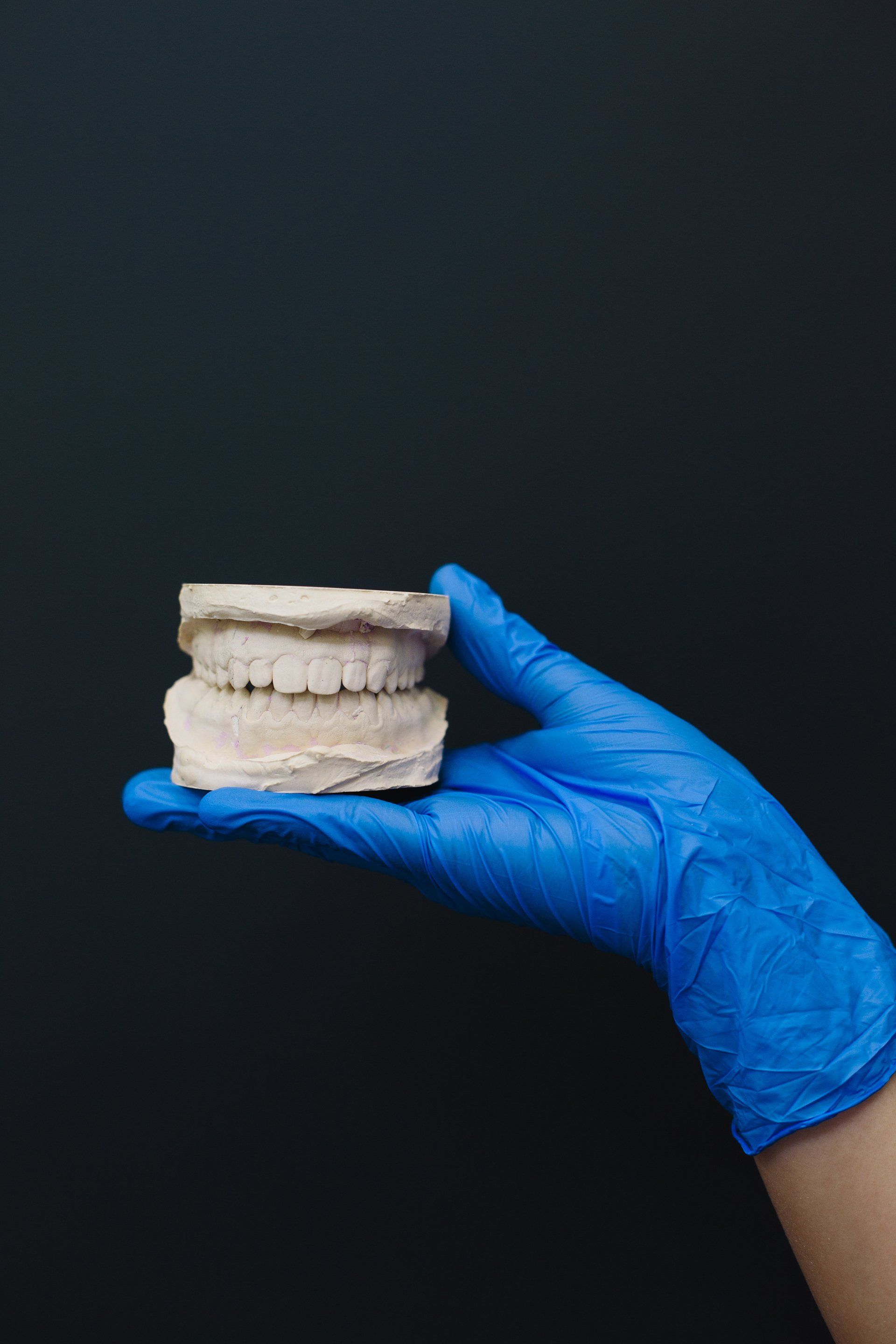1396 Don Mills Rd. B107, North York, ON M3B 3N1 | (416) 901 - 9292
Blog
Blog

By Angela Serrano
•
14 May, 2024
Understanding how dental care needs shift through different life stages can empower us to take proactive steps in preserving our smiles. For infants, the emergence of baby teeth marks a milestone that initiates the need for dental hygiene, while school-aged children enter the world of pediatric dentistry, facing common issues like cavities and the necessity of establishing good oral habits early on. Adolescents grapple with aesthetic and functional aspects as orthodontic treatments become a focus, and for adults, the stakes are heightened with the complexity of treatments and the importance of regular check-ups to prevent long-term issues. Baby Teeth Care Proper dental care is important at every stage of life, and it begins from the very start. When it comes to infants, caring for their baby teeth is crucial for laying a foundation for a lifetime of healthy oral habits. Despite being temporary, baby teeth play a significant role in a child's development, helping them to chew, speak, and hold space for permanent teeth later in life. Caring for Baby Teeth Caring for an infant's teeth starts before the first tooth even emerges. Parents can gently clean their infant's gums using a soft, damp cloth after feedings. This practice helps to remove bacteria and prepares the child for the habit of regular oral care. Once the first tooth appears—typically around six months—it's time to introduce a soft toothbrush. Use only a tiny smear of fluoride toothpaste, about the size of a grain of rice, to clean baby teeth twice daily. Early dental visits should commence with the appearance of the first tooth or by the child's first birthday to assess dental health and receive professional guidance. Maintaining Baby Teeth Health As children grow, maintaining the health of their baby teeth must remain a priority. Avoiding excessive sugary foods and drinks can prevent tooth decay, a widespread issue in pediatric dentistry. Likewise, encouraging a healthy diet contributes to strong tooth enamel, affording natural protection for their teeth. It is also essential to establish a regular oral care routine, which includes supervised brushing until the child learns to do so effectively, usually by the age of six or seven. Regular dental checkups, typically every six months, are fundamental in monitoring the condition of baby teeth and promptly addressing any emerging dental issues. Through these routine checkups, dental professionals may recommend additional preventive measures like fluoride treatments or dental sealants to protect against cavities. Remember, the habits established during childhood often persist into adulthood, making early dental care an investment in your child's long-term oral health. Caring for baby teeth is a team effort that involves parents, caregivers, and dental professionals working together. By doing so, we can help ensure that our youngest ones maintain a radiant smile and develop habits that support a lifetime of dental health. Pediatric Dentistry Pediatric dentistry specializes in the oral health care of children from infancy through the teenage years. In this field, dentists are trained to deal with the unique dental health needs of children, including how their teeth grow and develop from the primary (baby) teeth to the permanent (adult) teeth. Pediatric dentists focus on preventive care to help each child maintain a healthy smile that will last a lifetime. They create a child-friendly environment that makes the dental experience less intimidating and more enjoyable for children and their parents. Importance of First Dental Visits The first dental visit is a significant milestone in a child’s health journey. According to pediatric dentistry guidelines, children should have their initial dental examination by the time their first tooth emerges or no later than their first birthday. Early visits allow dentists to check for issues like tooth decay, examine the development of the jaw, assess adverse habits like thumb sucking, and educate parents on proper oral hygiene techniques for their children. Building a relationship with a dentist early also helps in easing the fear and anxiety that can be associated with dental visits, making it more likely that children will regularly attend appointments throughout their lives. Common Pediatric Dental Issues Pediatric dental issues can range from common, preventable conditions to more serious developmental concerns. Here are some of the frequent issues seen in pediatric dentistry: Cavities : Often caused by a diet high in sugary foods and beverages, as well as poor oral hygiene. Tooth Decay : This can occur when plaque is allowed to build up on teeth, leading to the destruction of tooth enamel. Gum Disease (Gingivitis) : Inflammation of the gum tissue, which can become more serious if not treated. Dental Emergencies : Such as knocked-out teeth or fractures, often resulting from falls or sports injuries. Orthodontic Problems : Misaligned teeth or improper bites that may need intervention with braces or other orthodontic treatments. Preventing Tooth Decay in Kids Prevention is paramount when it comes to tooth decay in children. Key strategies include: Diet : Limit sugary and starchy foods and drinks, which can significantly reduce the risk of cavities. Hygiene : Establish a routine of brushing twice a day with fluoride toothpaste and flossing regularly. Fluoride Treatments : Professional treatments during dental visits can help strengthen tooth enamel. Dental Sealants : This protective coating can be applied to the chewing surfaces of back teeth (molars) to guard against decay. Regular Checkups : Biannual dental visits for cleanings and examinations are vital in keeping kids' teeth healthy. By paying careful attention to these measures, parents and caregivers can significantly impact their children's dental health, setting them on a path toward a lifetime of healthy smiles. Teenagers Oral Health Adolescence is a significant time for oral health, as individuals transition from childhood to adulthood. This period sees the last of the permanent teeth - the second molars and usually the wisdom teeth - making their way into the mouth. It's crucial during adolescence to continue monitoring teeth and gum health to prevent issues such as tooth decay, gingivitis, and permanent alterations to dental and oral structures. Teenagers often face orthodontic concerns, such as the need for braces or retainers to correct misaligned teeth. Personal habits, like tobacco use, oral piercings, or inadequate oral care routines, can also emerge at this stage, posing additional risks to their dental health. As teens learn to take more responsibility for their personal care, dental professionals and parents must work together to guide them and emphasize the importance of maintaining a stringent oral health routine. Teenagers and Orthodontic Treatment Orthodontic treatment is quite common during adolescence, as this is an opportune time to correct misalignments and bite problems. Several factors can lead to the need for orthodontics in teenagers: Crowded or crooked teeth Overbites or underbites Jaw growth issues Malocclusion due to thumb-sucking or prolonged use of a pacifier during childhood Orthodontic options can vary from traditional metal braces to more discreet solutions like ceramic braces or clear aligners, interestingly gaining popularity among image-conscious teenagers. Commitment to the treatment process is essential, including following the orthodontist's instructions and maintaining excellent oral hygiene to prevent complications like enamel demineralization around brackets or gum infections. Treatment Type Description Typical Duration Metal Braces Traditional, budget-friendly 18-36 months Ceramic Braces Less noticeable than metal 18-36 months Invisalign Nearly invisible, removable clear aligners 12-18 months Adult Dental Treatments As adults navigate through different stages of life, dental needs evolve and require various types of treatments to maintain oral health. From the management of early signs of dental diseases to the restoration of lost teeth, adult dental treatments are diverse and crucial for sustaining dental function and aesthetics. Importance of Regular Dental Checkups for Adults Regular dental checkups play a pivotal role in an adult's oral health regimen. These visits allow dental professionals to catch potential issues before they escalate into severe problems. Early detection of conditions such as tooth decay, periodontal disease, or even oral cancer can lead to more effective and less invasive treatments. Furthermore, dental checkups often involve professional cleaning, which removes tartar and plaque buildup that regular brushing might miss, contributing to a healthier oral environment. Different Adult Dental Treatments Available Adults have access to a wide array of dental treatments, each addressing specific dental concerns: Preventative Care : This includes teeth cleanings, fluoride treatments, and sealants to ward off decay. Restorative Services : Such as fillings, crowns, bridges, and dentures restore the integrity of damaged or missing teeth. Periodontal Treatments : Treatments for gum disease, ranging from scaling and root planing to more advanced surgical interventions. Cosmetic Procedures : Options like teeth whitening, veneers, and bonding improve the appearance of a smile. Orthodontics : Adults can also benefit from orthodontic treatments like traditional braces or clear aligners to correct misalignments. Oral Surgeries : This category encompasses tooth extractions, including the removal of wisdom teeth, and implant placement. Each treatment ensures that adults can not only keep their teeth functional but also enjoy a smile they can be confident about. Senior Dental Care Senior dental care requires a specialized approach as aging brings about changes that can significantly affect oral health. With advancing years, the risk of certain dental conditions increases, and maintaining healthy teeth and gums can be more challenging. Quality dental care for seniors focuses not only on treatment but also on the preservation of natural teeth, management of pre-existing conditions, and adaptation to the unique needs of this age group. Common Dental Issues in Seniors As individuals enter their golden years, they can encounter an array of dental issues that were less of a concern during earlier stages of life. Here are some of the common dental problems seniors may face: Tooth Decay : Even at this stage, seniors can experience cavities on the surfaces of their teeth or around existing fillings. Periodontal Disease : Often progressing silently, this disease can lead to tooth loss if not adequately managed. Dry Mouth : A reduction in salivary flow, often a side effect of medications, can increase the risk of decay and gum disease. Root Decay : Exposed tooth roots due to gum recession are susceptible to decay. Tooth Loss : This is a significant issue that can affect a senior's nutrition and self-esteem. Ill-fitting Dentures : As facial structures change, previously well-fitting dentures may become uncomfortable and require adjustment or replacement. Oral Health Considerations for Older Adults When caring for the oral health of older adults, several considerations come into play: Medication Impact : Many common medications can affect oral health by causing dry mouth or other side effects. Regular Dental Checkups : Continuing regular visits to the dentist is essential for early detection and management of dental issues. Gentle Oral Hygiene Practices : Using a soft toothbrush and sensitive cleaning techniques can help protect tooth enamel and delicate gum tissue. Dental Work Maintenance : Existing dental work, such as fillings and crowns, should be monitored for wear and maintained properly. Healthy Diet : A nutritionally rich diet low in sugary foods supports overall and dental health. Hydration : Adequate fluid intake helps mitigate the effects of dry mouth and supports general health. Seniors must adapt their oral care routine to these changing needs to promote healthy teeth and gums. By addressing these specific concerns and working closely with dental professionals, older adults can enjoy their later years with good oral health and a confident smile. In conclusion, dental care needs vary across different age groups, and it is important to understand and address these differences to maintain optimal oral health. By understanding and addressing the unique dental care needs of each age group, individuals can maintain healthy teeth and gums throughout their lives. Remember, it is always best to consult with a dental professional for personalized advice and guidance. At Don River Dental we offer the services you need for every stage of life. If you are experiencing any symptoms or pain please feel free to call us at 647-955-6061 and someone from our team will be happy to answer any questions and schedule an appointment as soon as possible. We offer safe soothing dentistry in North York.
Tel: (647) 955-6061
Fax: (416) 901-9293
Email: hello@donriverdental.com
Address: B107-1396 Don Mills Rd
North York, ON M3B 3N1











